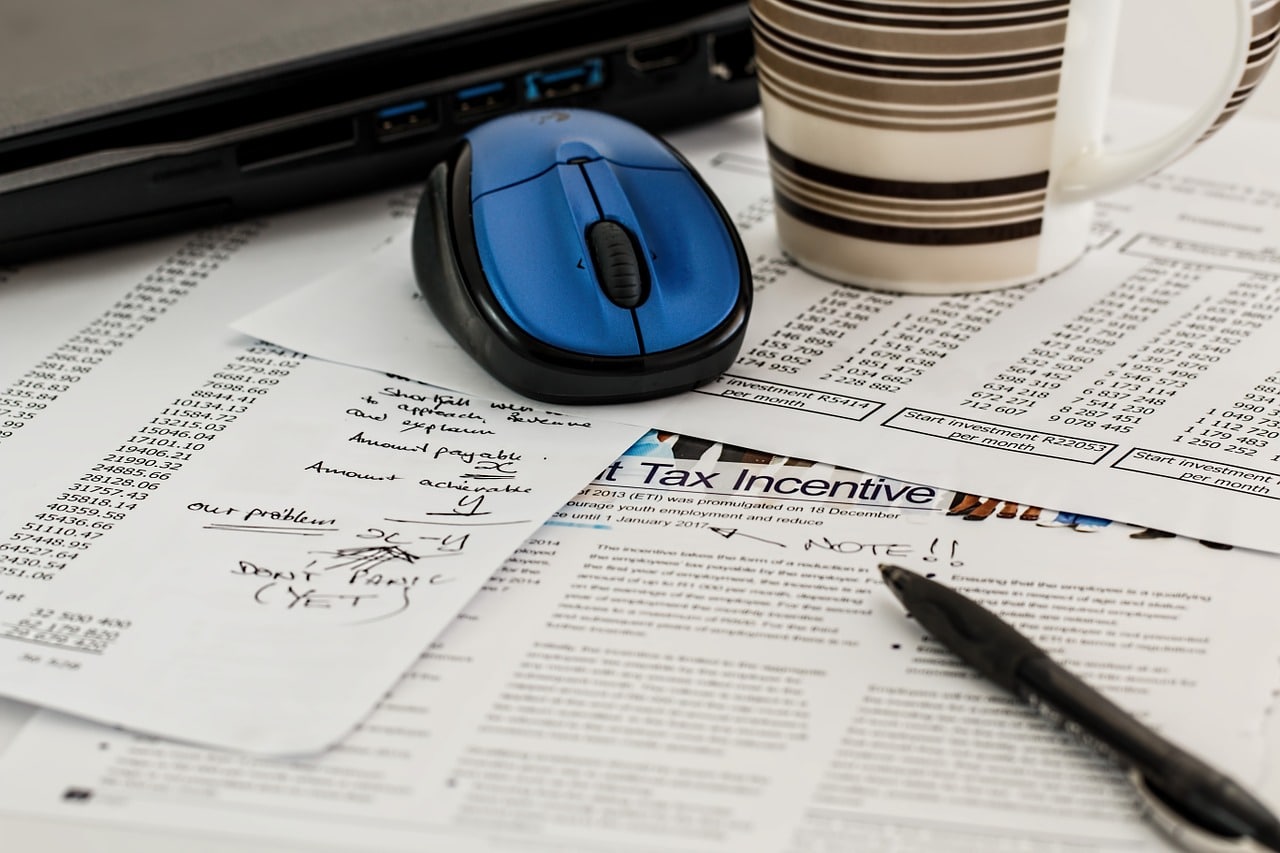When it comes to new products and services being offered, it
can be quite tempting to take the bait right away without reading the fine
print. After all, reading fine prints can be boring, right? However, many would
find themselves stuck in debt or bad deals after signing an agreement that they
misunderstood.
Graylock
Advisors, a well-known company that specializes in debt
consolidation, advise their clients to read fine prints for product and service
offers. This habit could save you hundreds, if not thousands of dollars by getting
what you truly paid for. Below are some of the solid reasons why you should
always take the time to read the fine print.
Why You Should Always Read the Fine Print
It helps you catch sleazy marketing tactics.
Some companies would be willing to “manipulate” potential leads through play of words or promos which are too good to be true. These are marketing tactics that reel in lots of potential customers who don’t really take the time to inspect if the offer is really providing the value they think.
A common example that Graylock Advisors clients encounter is payday loans. Many clients who have incurred debt hastily take payday loans without reading the fine print. A common practice in these types of companies is placing the “service fees” in the fine print if a person does not pay right away. In some cases, these service fees are added onto the monthly loan payments. These small details in fine print are sometimes not fully shown on purpose so that potential customers would not hesitate to agree.
Thus, reading the fine print can help you truly decide if you want to purchase the product or avail of the service you are being offered.
It helps you stay protected.
Another important purpose of reading the fine print is for your protection–not just in terms of your money, but possibly for your health, or even your life.
Graylock Advisors emphasizes the importance of inspecting fine print for insurance policies. Insurance policyholders would often feel disappointed when the company ends up not paying for a mishap. This leads people into more debt, and of course, regret. Many would say, “If only I read that part in the fine print.”
If you are choosing between insurance policies, it is best to read about the types of situations covered, how much will be covered, and if there will be situations where this coverage would be voided. If you don’t agree with the things stated in the fine print, you will have the opportunity to protect yourself and pick the best insurance company to sign up for.
Reading the fine print gives you a chance to clarify things.
When you have a major purchase, questions to ask for clarity may not easily come to mind. Reading the fine print gives you a chance to think about questions you may forget to ask before being a part of an agreement.
Common situations for this example are purchases of expensive gadgets or appliances. As you read the fine print about warranties, it can help you get a clear picture of how your purchases will be serviced in the long run. This gives you a realistic expectation when your product malfunctions past the warranty timeline.
Reading the fine print can also help you read about how products and services will be applicable to your situation.
It allows you to understand legal repercussions.
Aside from physical products and services, some purchases also have their digital versions. Often, these come with fine print called an End User License Agreement (EULA) that people tend to skip reading.
This results in problems in plagiarism, copyright issues, and even cyber-crimes related to violating the EULA.
If you don’t have time to read the whole fine print thoroughly, it is second best to at least skim through parts with which you have the biggest concerns (i.e. copyright, file sharing, etc.) and find information which may be applicable to you. This habit can help you avoid legal problems if you unintentionally commit violations in terms of the agreement.
Reading the fine print allows you to file claims you rightfully deserve.
Aside from avoiding bad deals and protecting yourself from legal problems, you may also want to read the fine print in order to file claims that you otherwise might not have known you were eligible for.
Reading the fine print may be a painstaking process, but it may be a tedious task that could well pay off. Make it a habit to read the fine print to get the best of the products and services you purchase.
